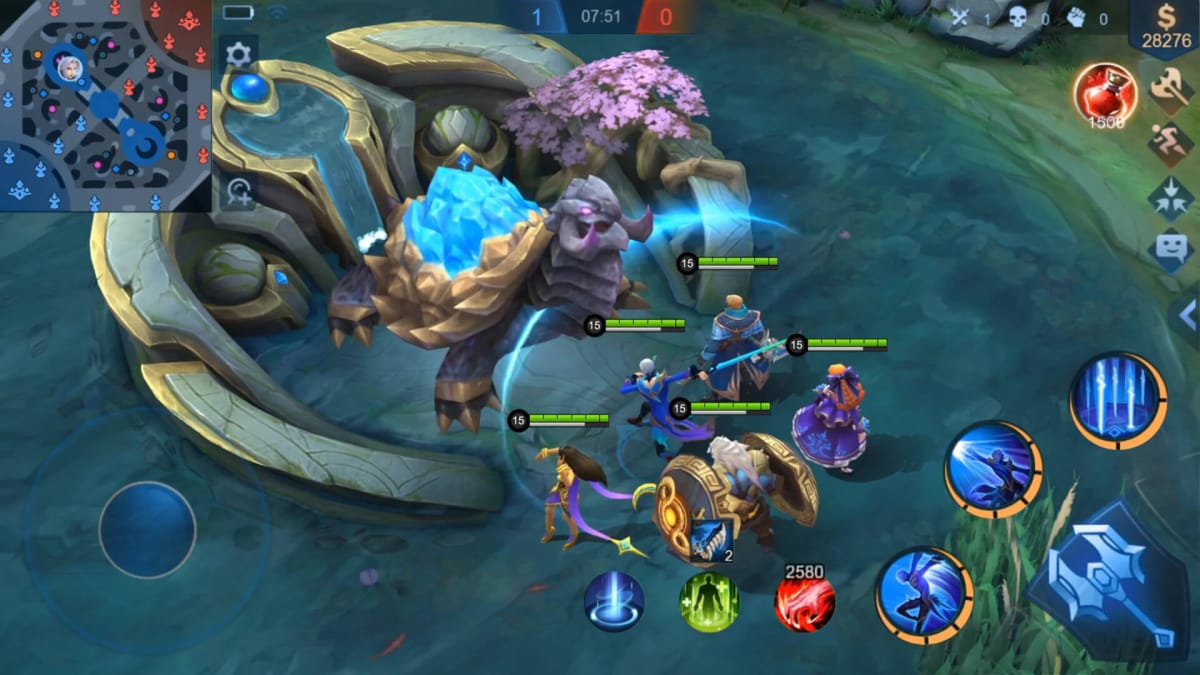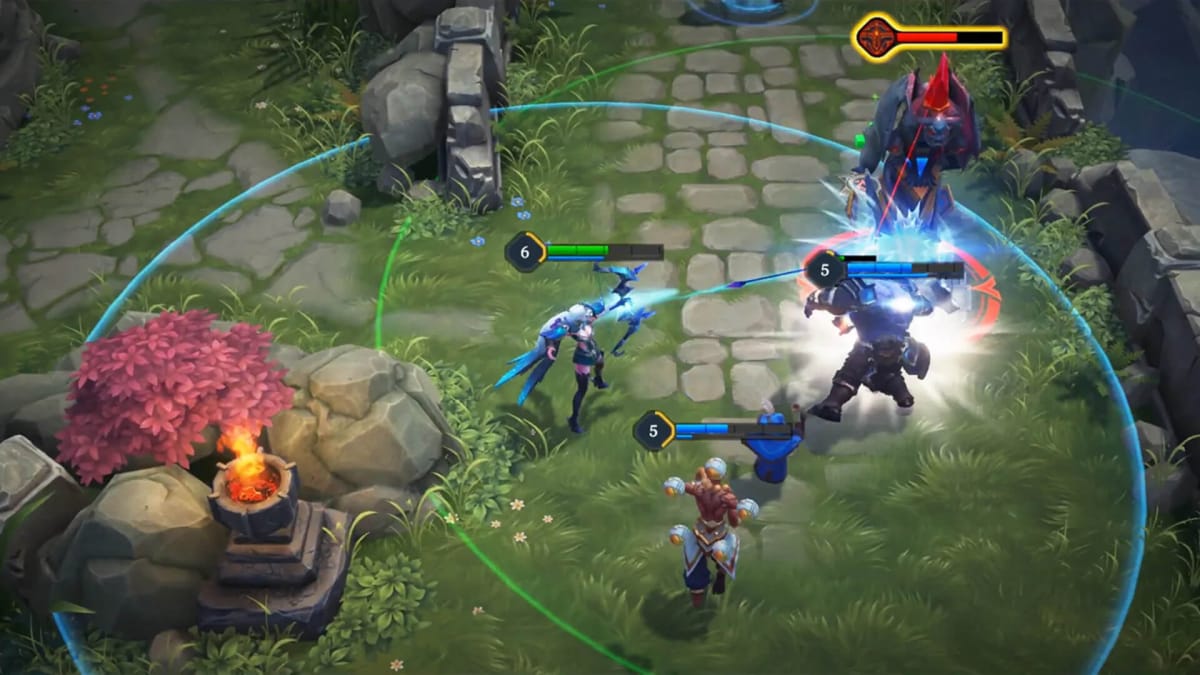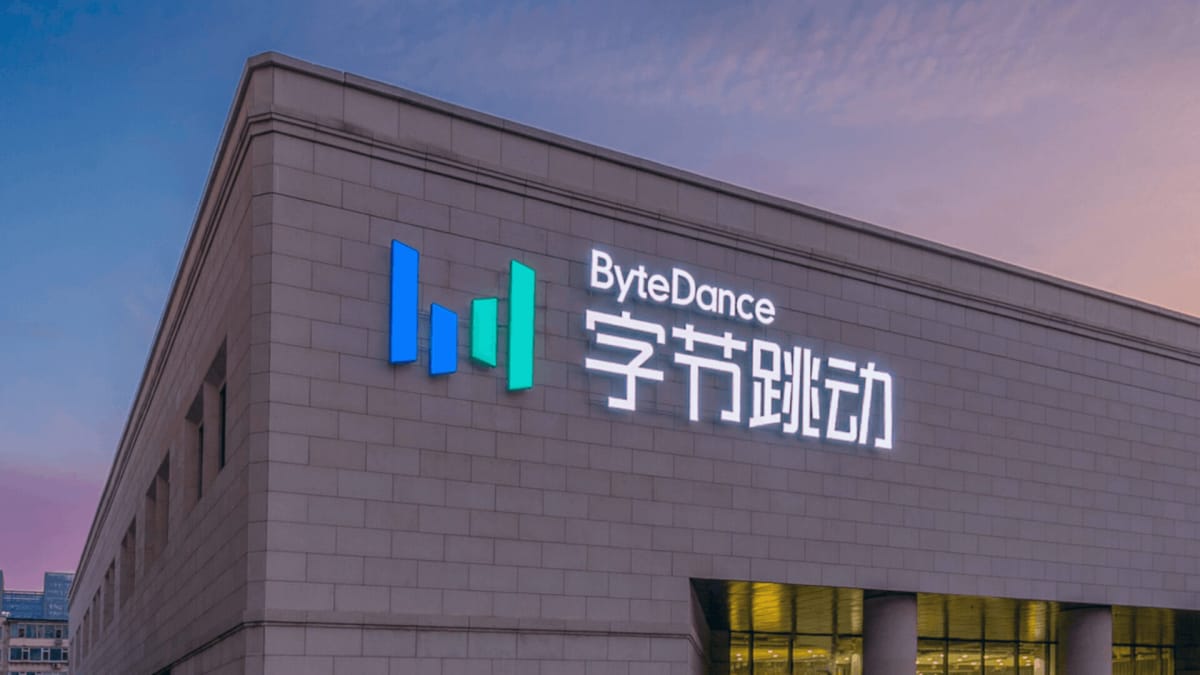ByteDance, the company behind social media app TikTok, has apparently let "hundreds" of its gaming division's employees go, according to a report by a well-respected China news source. This move hasn't been publicly announced yet, but is likely a response to several factors, including a Beijing gaming crackdown and a market that's already got its fair share of huge players.
Why has ByteDance let so many gaming division employees go?
According to a report by the South China Morning Post, which cites sources "familiar with the situation", ByteDance has let go most of the staff at its Shanghai gaming division Wushuang Studio, amounting to "hundreds of employees". The studio is apparently also slashing jobs at its Hangzhou studio Jiangnan. This follows another ByteDance studio closure, that of Shanghai developer 101, back in June.
The SCMP says that this won't be the end of ByteDance's gaming division. The company will still maintain "certain operations in Shanghai" for games that have already been released, in a move that's not dissimilar to Snapchat parent company Snap putting its games into maintenance mode last month.

Since ByteDance hasn't officially revealed this information, we don't know the official reasoning behind it. However, it's possible to speculate based on what we know. For a start, the gaming sphere in China is notoriously difficult to crack, with giants like Tencent and NetEase ruling the industry. Even big companies like ByteDance can find it hard to break into an industry already dominated by titans like these.
The Chinese government doesn't like gaming much, even though it's an earner
The other major factor here is likely to be Beijing's continuing crackdown on the gaming industry. Despite the overwhelming popularity of gaming in China, the government has recently introduced incredibly strict rules prohibiting young people from playing for more than a few hours a week (and only at set times). Media affiliated with Beijing has also described gaming as "spiritual opium" in the past, a phrase that doesn't exactly have positive connotations.
Gaming is a pretty big deal in China. It's a pretty little earner for the government; last year, Tencent broke the $10 billion barrier with its mobile game Honor of Kings, and the Chinese population boasts more esports fans than the US has people in total. Despite this fact, it doesn't look like things are getting easier for game developers in China, with Beijing requiring heavy censorship or seemingly just outright refusing to approve projects if a company gets on its bad side.

We'll have to wait and see what the future holds for ByteDance and for the wider Chinese gaming industry. One thing seems pretty certain, though: big Chinese companies are thinking twice about getting involved in gaming, and that's not likely to change unless Beijing loosens its restrictions, which isn't looking likely. Stay tuned for more on this.







